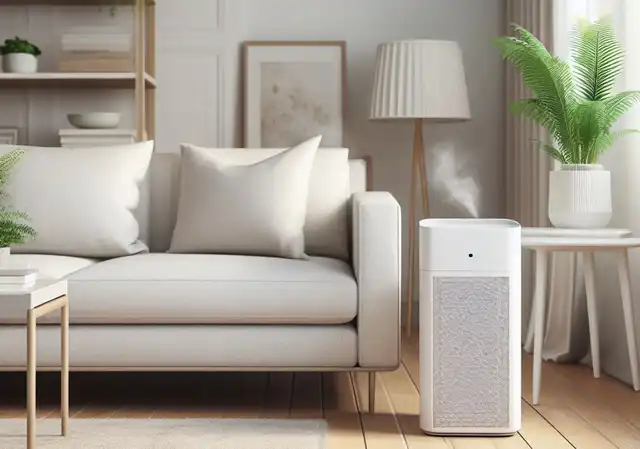Air Purification Devices May Not Effectively Prevent Respiratory Infections
- Normal Liver Cells Found to Promote Cancer Metastasis to the Liver
- Nearly 80% Complete Remission: Breakthrough in ADC Anti-Tumor Treatment
- Vaccination Against Common Diseases May Prevent Dementia!
- New Alzheimer’s Disease (AD) Diagnosis and Staging Criteria
- Breakthrough in Alzheimer’s Disease: New Nasal Spray Halts Cognitive Decline by Targeting Toxic Protein
- Can the Tap Water at the Paris Olympics be Drunk Directly?
New Study: Air Purification Devices May Not Effectively Prevent Respiratory Infections
- Should China be held legally responsible for the US’s $18 trillion COVID losses?
- CT Radiation Exposure Linked to Blood Cancer in Children and Adolescents
- FDA has mandated a top-level black box warning for all marketed CAR-T therapies
- Can people with high blood pressure eat peanuts?
- What is the difference between dopamine and dobutamine?
- How long can the patient live after heart stent surgery?
New Study: Air Purification Devices May Not Effectively Prevent Respiratory Infections
Theoretically, removing respiratory pathogens from indoor air through technological means could serve as a non-pharmaceutical strategy for controlling infectious diseases.
However, a recent study from the University of East Anglia in the United Kingdom suggests that in the real world, commonly used devices such as air purifiers may struggle to reduce the risk of respiratory pathogen infections in the population.

According to a press release from the University of East Anglia, researchers from the university, along with institutions like University College London and the University of Essex, recently published a paper in the American Journal of Preventive Medicine. They conducted a systematic review of 32 studies published from 1970 to 2022 to identify evidence of the effectiveness of indoor air treatment technologies in preventing respiratory or gastrointestinal infections. These studies were conducted in real-world settings such as schools or nursing homes, with participants spending at least 20 hours per week in public indoor spaces.
Analysis of data on infection rates and symptoms in the study participants revealed almost no evidence that these technologies could protect humans from respiratory or gastrointestinal infections. While existing evidence suggests that various technological methods, especially germicidal lamps and high-efficiency particulate air (HEPA) filters, can reduce indoor environmental and surface contamination, there is not robust evidence to demonstrate that these technologies can reduce or prevent respiratory pathogen infections in real-world settings.
The study covered indoor air treatment solutions such as air filtration devices, germicidal lamps, and ion generators. The researchers noted that the installation of indoor air treatment devices can be costly, and the study results aim to provide public health decision-makers with a comprehensive understanding of the situation to make more informed decisions regarding cost-effectiveness.
New Study: Air Purification Devices May Not Effectively Prevent Respiratory Infections
(source:internet, reference only)
Disclaimer of medicaltrend.org
Important Note: The information provided is for informational purposes only and should not be considered as medical advice.



